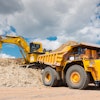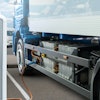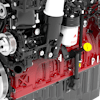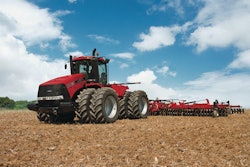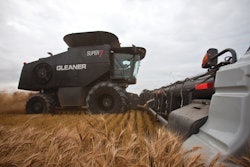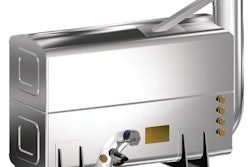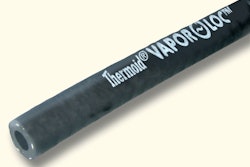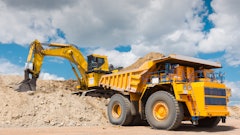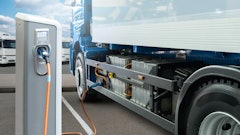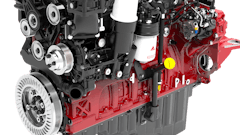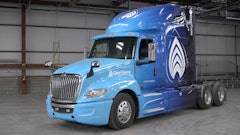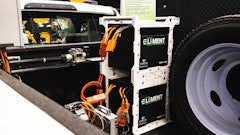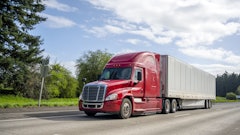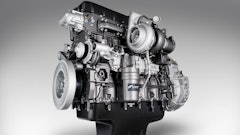Michael Kennedy, General Counsel of the Associated General Contractors of America, released the following statement in response to the decision made by the members of the California Air Resources Board to approve significant revisions to its off-road diesel emissions rules:
“The Board’s decision to approve the revised off-road diesel emissions rules gives hope to thousands of construction workers fearful for their job security while safeguarding California's air quality. Board members have demonstrated real wisdom and courage in acknowledging significant errors in their original estimates of emissions from construction and other off-road diesel equipment.
“The revisions approved today reflect a strong commitment to setting standards based on sound science and reliable data. More importantly, the revisions allow hard-hit construction firms the time and flexibility needed to modernize their diesel equipment in a way that actually delivers meaningful environmental benefits to the state’s residents. That is because the measure’s new timeline allows contractors to modernize their fleets with more efficient equipment coming on line in the next few years.
“Yet even as this new rule provides significant relief for a state-wide construction industry that has lost nearly 50,000 jobs during the last year alone, it also delivers greater environmental benefits than the original version of the rule. In other words, California officials have demonstrated that improving the environment and supporting robust economic growth do not have to be mutually exclusive.”
Kennedy noted that the revised rule approved by the California Air Resources Board delays its emissions standards for off-road diesel equipment until 2014, eases the annual burden employers have to bear, and gives contractors greater flexibility in determining how to comply. The revised rule also gives contractors credit for the efforts they have already made to reduce emissions and rewards contractors for voluntarily reducing emissions before 2014. However, the final rule still lowers emissions below the levels that the Board originally sought to achieve when it first proposed its off-road diesel emissions rule in 2007.

